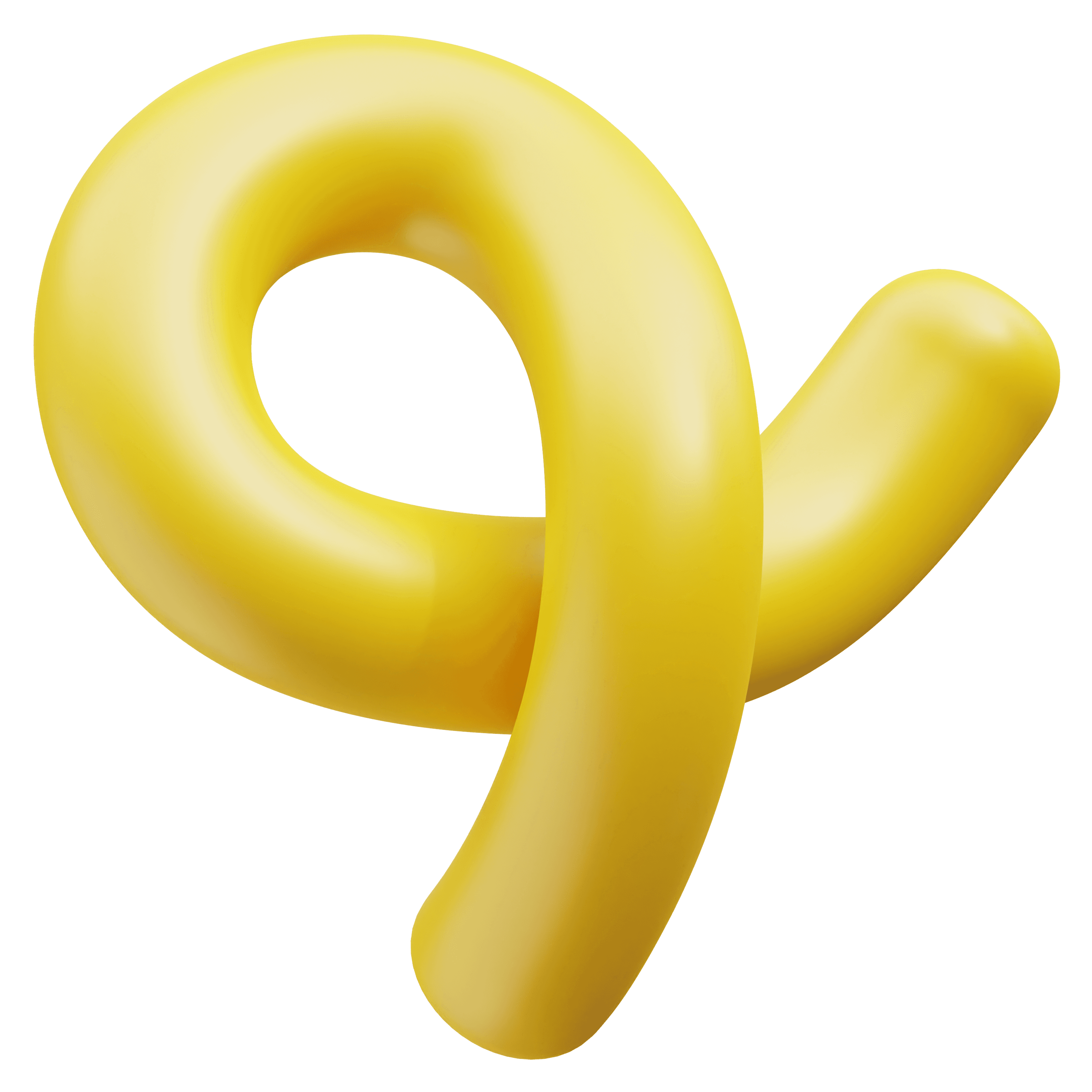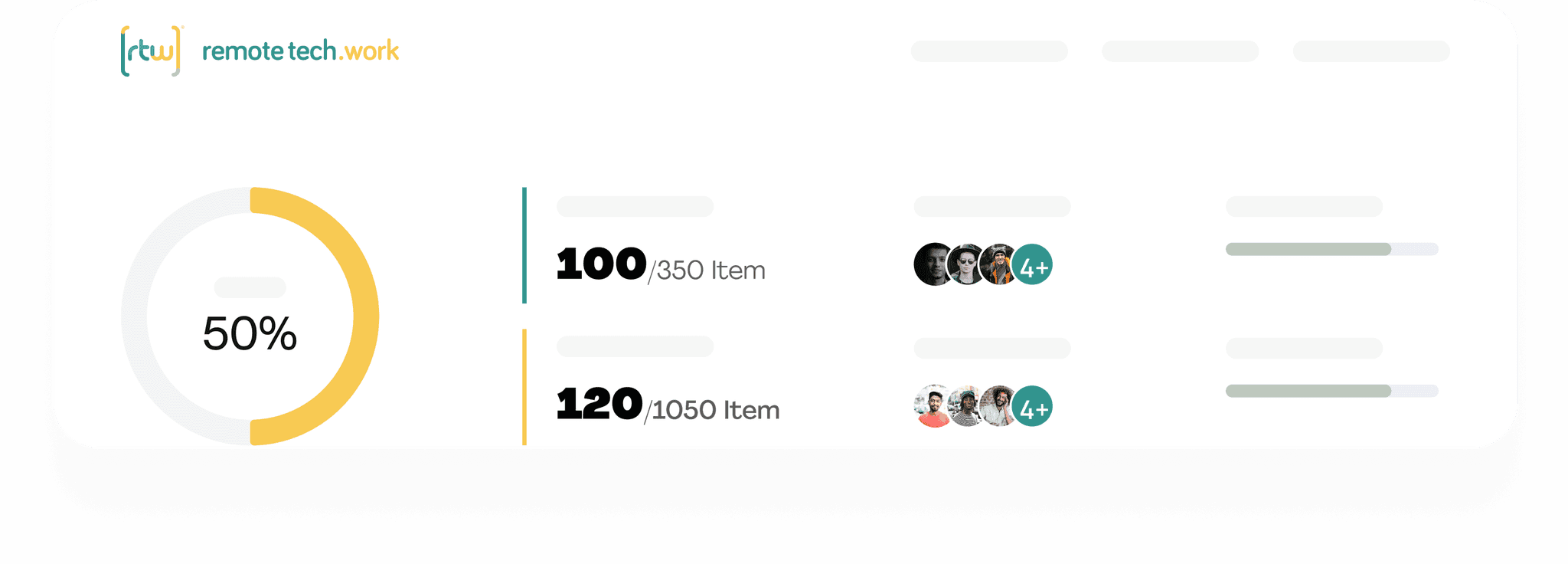DESCRIPTION
DESCRIPTION
DESCRIPTION
C++ is a powerful and versatile programming language that builds upon the foundation of the C programming language with additional features for object-oriented programming (OOP). Developed in the late 1970s by Bjarne Stroustrup, C++ is known for its efficiency and flexibility, making it a popular choice among software developers. It provides a wide range of tools and capabilities for developing applications that span from system-level programming to high-level application development.
One of C++'s defining features is its support for OOP, allowing developers to create and manage complex software systems using the principles of encapsulation, inheritance, and polymorphism. C++ also provides low-level memory control, enabling efficient memory management through features like pointers. This makes it suitable for building performance-critical applications like video games, operating systems, real-time simulations, and high-frequency trading systems. The language has continued to evolve, with the latest C++ standards introducing modern features, such as lambdas, smart pointers, and improved standard libraries, making C++ a contemporary and essential language for a wide array of software development needs.
C++ is a powerful and versatile programming language that builds upon the foundation of the C programming language with additional features for object-oriented programming (OOP). Developed in the late 1970s by Bjarne Stroustrup, C++ is known for its efficiency and flexibility, making it a popular choice among software developers. It provides a wide range of tools and capabilities for developing applications that span from system-level programming to high-level application development.
One of C++'s defining features is its support for OOP, allowing developers to create and manage complex software systems using the principles of encapsulation, inheritance, and polymorphism. C++ also provides low-level memory control, enabling efficient memory management through features like pointers. This makes it suitable for building performance-critical applications like video games, operating systems, real-time simulations, and high-frequency trading systems. The language has continued to evolve, with the latest C++ standards introducing modern features, such as lambdas, smart pointers, and improved standard libraries, making C++ a contemporary and essential language for a wide array of software development needs.
Recommended Skills
Recommended Skills
Recommended Skills
A C++ developer should possess a combination of technical and soft skills to excel in software development using the C++ programming language. Here's a list of key skills and knowledge areas for a C++ developer:
Proficiency in C++: A strong understanding of C++ language features, including syntax, data types, operators, templates, and standard libraries.
Object-Oriented Programming (OOP): Mastery of OOP principles, such as classes, objects, inheritance, polymorphism, and encapsulation, to design and implement complex software systems.
Memory management: Proficiency in managing memory manually using features like pointers, dynamic memory allocation, and understanding the C++ memory model.
Standard Template Library (STL): Knowledge of the C++ STL and its containers, algorithms, and data structures for efficient and reusable code.
C++11/14/17/20: Familiarity with the various C++ language standards, including C++11, C++14, C++17, and C++20, and an understanding of their features and improvements.
Multithreading and concurrency: Understanding of multithreading and concurrent programming in C++ using libraries like the C++ Standard Library (e.g., std::thread) or platform-specific APIs.
Debugging and profiling: Proficiency in debugging C++ applications using tools like GDB, Visual Studio Debugger, or integrated development environments (IDEs).
Performance optimization: Ability to optimize C++ code for performance, including profiling, code analysis, and fine-tuning.
A C++ developer should possess a combination of technical and soft skills to excel in software development using the C++ programming language. Here's a list of key skills and knowledge areas for a C++ developer:
Proficiency in C++: A strong understanding of C++ language features, including syntax, data types, operators, templates, and standard libraries.
Object-Oriented Programming (OOP): Mastery of OOP principles, such as classes, objects, inheritance, polymorphism, and encapsulation, to design and implement complex software systems.
Memory management: Proficiency in managing memory manually using features like pointers, dynamic memory allocation, and understanding the C++ memory model.
Standard Template Library (STL): Knowledge of the C++ STL and its containers, algorithms, and data structures for efficient and reusable code.
C++11/14/17/20: Familiarity with the various C++ language standards, including C++11, C++14, C++17, and C++20, and an understanding of their features and improvements.
Multithreading and concurrency: Understanding of multithreading and concurrent programming in C++ using libraries like the C++ Standard Library (e.g., std::thread) or platform-specific APIs.
Debugging and profiling: Proficiency in debugging C++ applications using tools like GDB, Visual Studio Debugger, or integrated development environments (IDEs).
Performance optimization: Ability to optimize C++ code for performance, including profiling, code analysis, and fine-tuning.
Our Talent Acquisition Process
Our Talent Acquisition Process
Our Talent Acquisition Process
We will walk you through our process during the days/weeks according to your agenda availability. Feedback will be present whether we move forward or not with your application. There are, in general, a challenge (60’ average each), two calls (45’ average each), and a Tech Interview for you to reach the final Offer Call.
We will walk you through our process during the days/weeks according to your agenda availability. Feedback will be present whether we move forward or not with your application. There are, in general, a challenge (60’ average each), two calls (45’ average each), and a Tech Interview for you to reach the final Offer Call.






HOW TO
GET STARTED
Sign up for our developer platform to begin working remotely
DEVELOPMENT
SOFTWARE
Remote Tech Work Ltd is a company registered in England and Wales (No.16127490).
Our address is Orion House Office 774, Bessemer Road, Welwyn Garden City, AL7 1HH. 2025
Remote Tech Work. All right reserved.
DEVELOPMENT
SOFTWARE
Remote Tech Work Ltd is a company registered in England and Wales (No.16127490).
Our address is Orion House Office 774, Bessemer Road, Welwyn Garden City, AL7 1HH. 2025
Remote Tech Work. All right reserved.
DEVELOPMENT
SOFTWARE
Remote Tech Work Ltd is a company registered in England and Wales (No.16127490).
Our address is Orion House Office 774, Bessemer Road, Welwyn Garden City, AL7 1HH. 2025
Remote Tech Work. All right reserved.
DEVELOPMENT
SOFTWARE
Remote Tech Work Ltd is a company registered in England and Wales (No.16127490).
Our address is Orion House Office 774, Bessemer Road, Welwyn Garden City, AL7 1HH. 2025
Remote Tech Work. All right reserved.
DEVELOPMENT
SOFTWARE
Remote Tech Work Ltd is a company registered in England and Wales (No.16127490).
Our address is Orion House Office 774, Bessemer Road, Welwyn Garden City, AL7 1HH. 2025
Remote Tech Work. All right reserved.

